Latest Brain Science Podcast looks at Brain-Machine Interfaces
/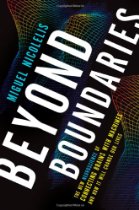 In his book Beyond Boundaries: The New Neuroscience of Connecting Brains with Machines---and How It Will Change Our Lives neuroscientist Miguel Nicolelis puts his recent work with brain machine interfaces into historical context and explains why this work should change the way we understand how brains work. Nicolelis challenges several long-standing assumptions including the primacy of the single neuron and strict localization, which is the idea that each area of the brain has a relatively fixed function.
In his book Beyond Boundaries: The New Neuroscience of Connecting Brains with Machines---and How It Will Change Our Lives neuroscientist Miguel Nicolelis puts his recent work with brain machine interfaces into historical context and explains why this work should change the way we understand how brains work. Nicolelis challenges several long-standing assumptions including the primacy of the single neuron and strict localization, which is the idea that each area of the brain has a relatively fixed function.
Episode 78 of the Brain Science Podcast is a brief discussion of the key ideas presented in Beyond Boundaries, including a look at the implications of experiments such as the wide publicized work that culminated in demonstrating that a monkey in Nicolelis' lab at Duke (North Carolina, USA) could control a robot arm in Japan using only its brain.
Click here for complete show notes and free episode transcript.
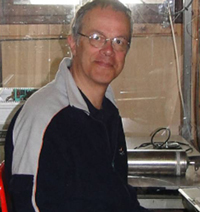


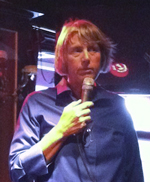

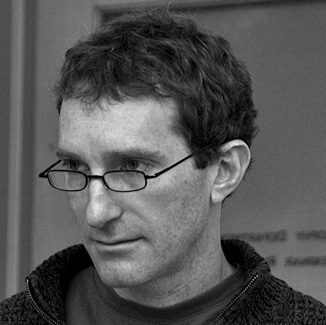
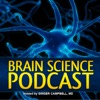








 Episode 64 of the Brain Science Podcast is our
Episode 64 of the Brain Science Podcast is our 

